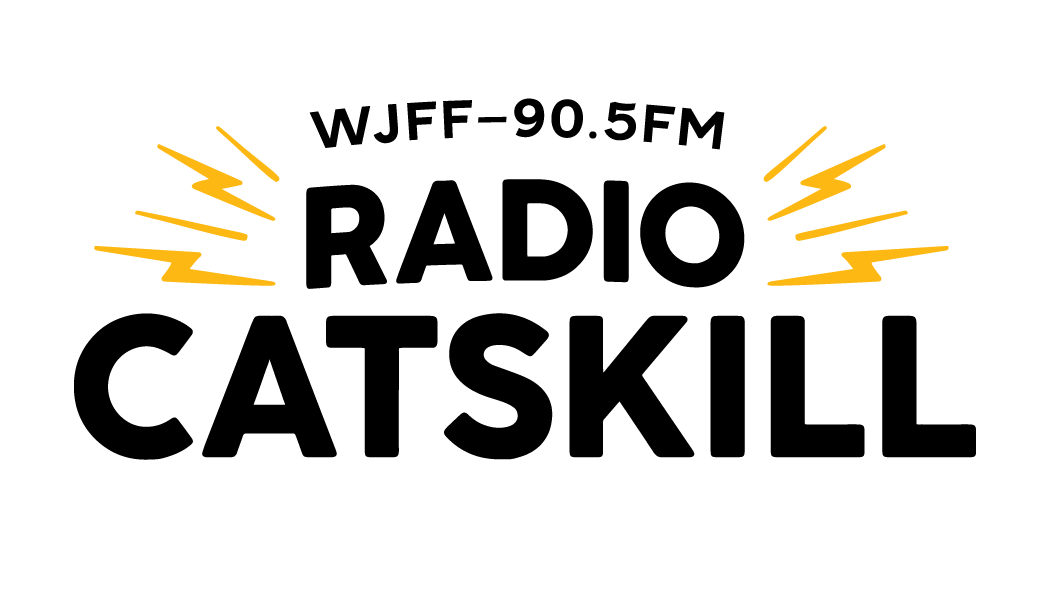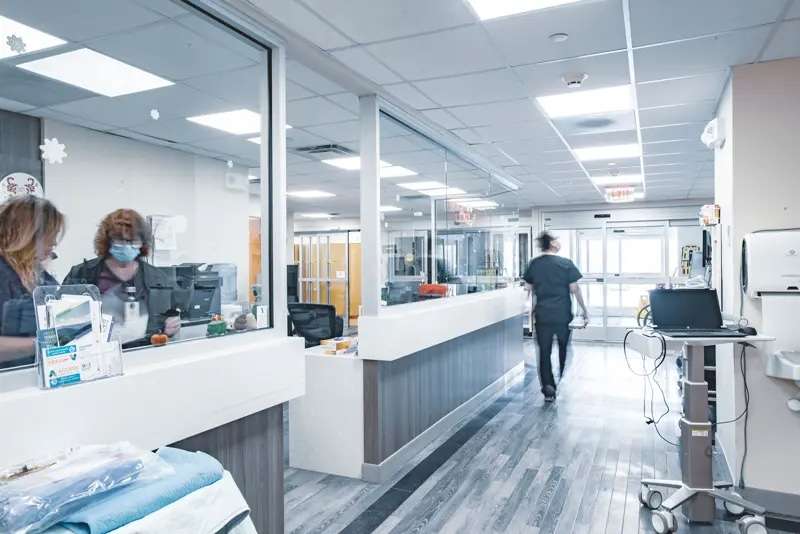According to New York State’s Department of Health, more than six million New Yorkers rely on Medicaid – but that coverage is now in jeopardy.
President Trump’s recently signed so-called ‘Big, Beautiful Bill’ includes sweeping Medicaid cuts, and lawmakers warn that as many as 1.5 million New Yorkers could lose access to care when the law takes effect.
“The One Big Beautiful Bill Act represents the largest erosion of our healthcare system in history and will significantly impact New York’s healthcare system, reducing coverage for millions and straining our hospitals and health systems,” stated Health Association of New York President Bea Grause in a press statement.
For rural hospitals, the consequences could be especially dire. Steven Kelley, CEO and President of Ellenville Regional Hospital in Ulster County, said that his hospital, where nearly a third of its patients are enrolled in Medicaid, would be significantly hit by the cuts.
“It’s definitely gonna hurt. [Medicaid] is the second largest payer for us after Medicare… so any cut to Medicaid is a pretty big cut that goes right to us,” said Kelley. Ellenville Regional Hospital is a nonprofit, community-based hospital serving nearly 60,000 patients each year, according to Kelley. The hospital network services New York’s Hudson Valley and Catskills regions, including Ulster, Sullivan, and Orange Counties.
Trump’s megabill includes new challenges to retain coverage for ACA marketplace holders and a new Medicaid work requirement, which would end coverage for millions on Medicaid who do not meet new work requirements.
Rural healthcare providers have long pointed to an already fragile healthcare system, citing limited staff, tight budgets, and aging healthcare systems that would only weaken if Trump’s legislation went into effect.
Kelley said that staffing across the healthcare industry – doctors, nurses, physical therapists, and radiologic technologists – is already in “very short supply.”
“It is extremely difficult to recruit to rural areas,” said Kelley. “If we can’t get providers, we have to hire them through agencies at really quite [a] great expense.”
More than half of New York’s 50 rural hospitals were already at risk of closing even before Trump’s tax cut and spending bill passed, according to health policy group Center for Healthcare Quality and Payment Reform. 18 of those hospitals, including Garnet Health Medical Center – Catskills Harris Campus, were considered “hospitals at immediate risk” of closing due to loss of patient services and insufficient revenues.
Kelley said that in previous years, Ellenville Regional Hospital has remained profitable, but the looming Medicaid cuts have raised concerns about the long-term viability of its operations.
“If we have uninsured people, then what happens is, in many cases, they’re not able to afford their bill, that becomes bad debt to us,” said Kelley.
For now, he and his team at Ellenville Regional Hospital are waiting for more information. Kelley says he doesn’t think people realize the magnitude the legislation could have. Still, he is moving forward with what they do know and bracing for whatever may come.
Kelley said, “Once we know what it looks like, we’ll start to work to figure out what we can do to mitigate it.”
Image: Interior of Ellenville Regional Hospital in Ellenville, N.Y. (Photo Credit: Ellenville Regional Hospital)

